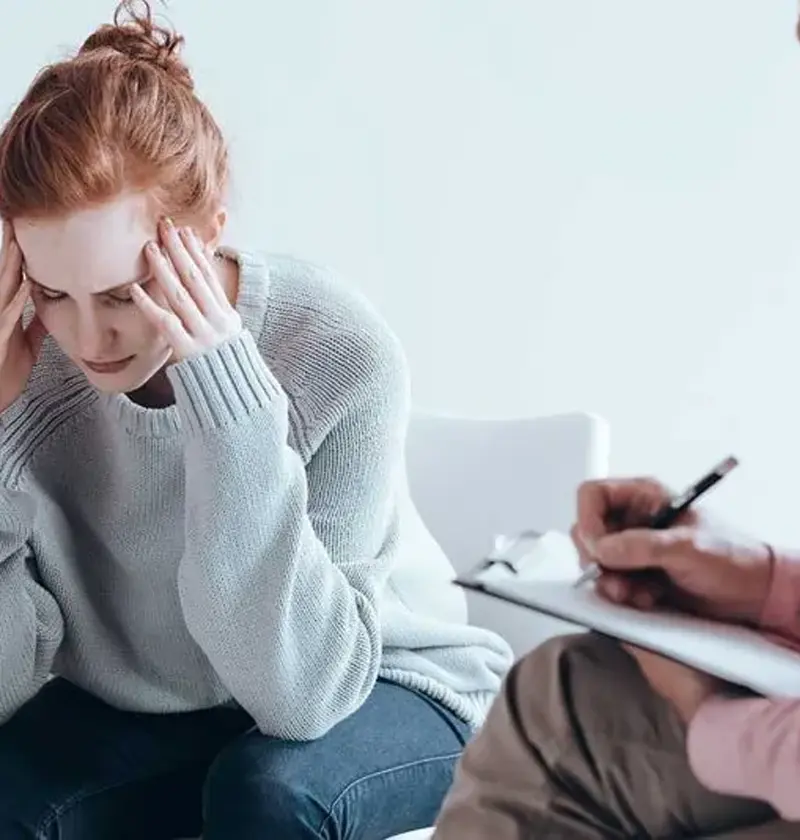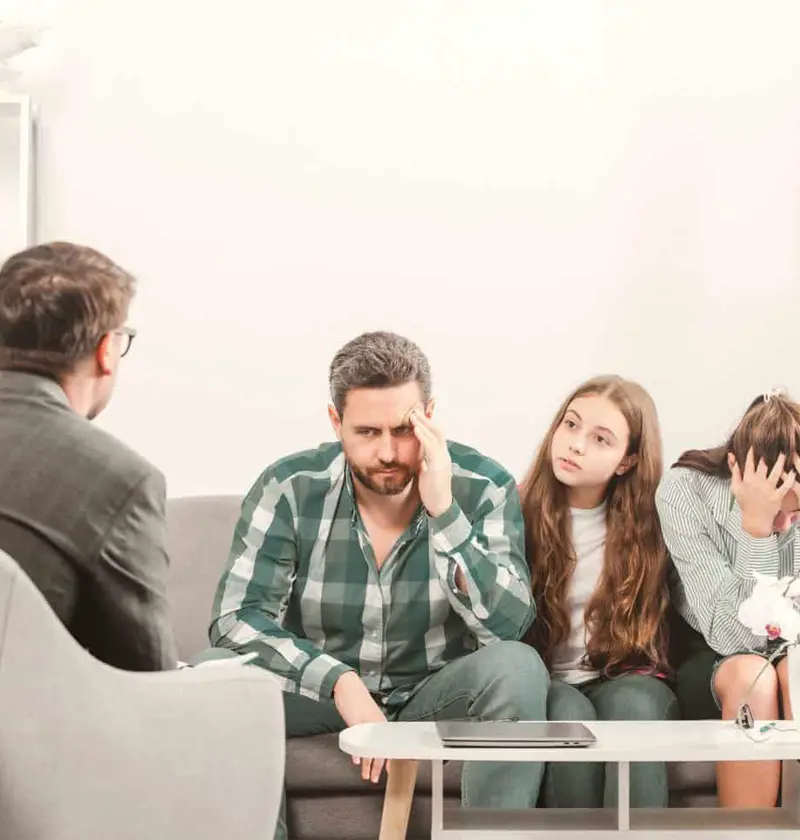
Individual Therapy
- Help clients explore personal issues such as anxiety, low self-esteem or depression.
- Support emotional regulation and self-awareness.
- Provide tools to manage stress and strengthen resilience.
- Identify and challenge limiting beliefs and negative thought patterns.




